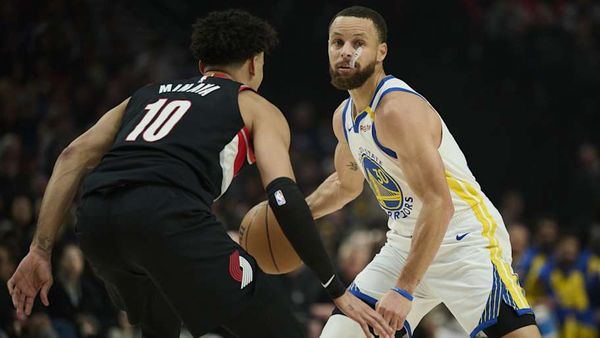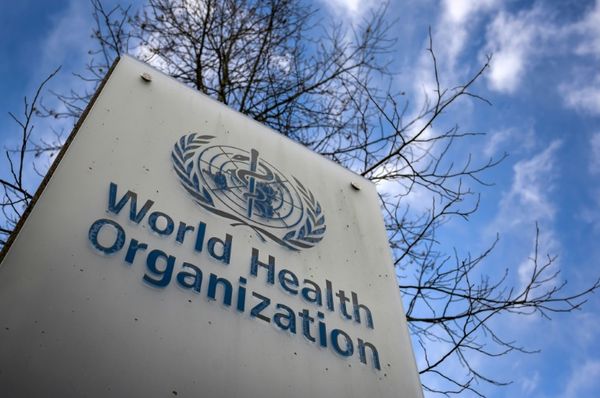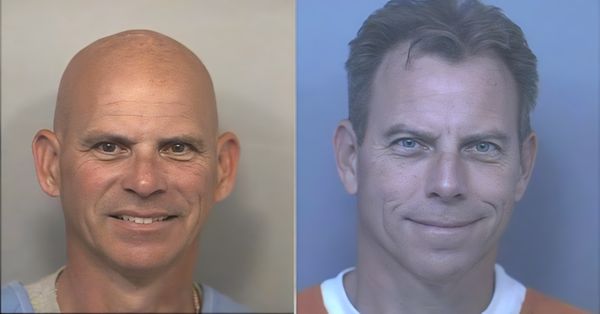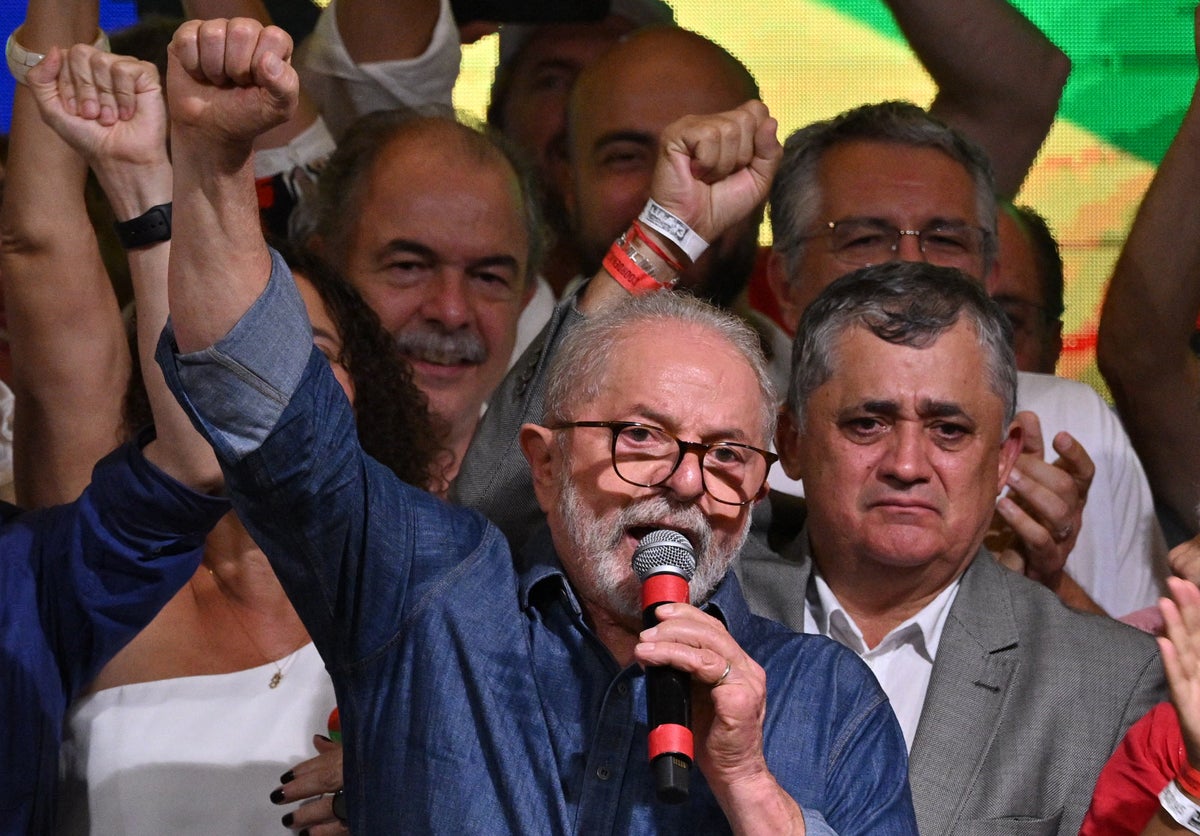
There is little prospect of a post-Brexit trade deal with Brazil in the near future because of strained relations between Britain’s Conservative government and the new administration of Luiz Inacio Lula da Silva, The Independent has learned.
Successive Tory ministers have previously sought cordial relations with outgoing hard-right leader Jair Bolsonaro while neglecting Lula, figures close to the newly elected president have pointed out.
The 77-year-old left-winger sealed a stunning comeback on Sunday night in a narrow victory over populist Mr Bolsonaro, five years after he was jailed for alleged corruption following an investigation initiated by his successor and political rivals.
Britain has had minimal contact with Lula and his Workers Party in recent years, while a number of Conservative politicians have met Mr Bolsonaro and his associates. In some cases, the meetings took place before the latter became president but when his extremist views were well-known.
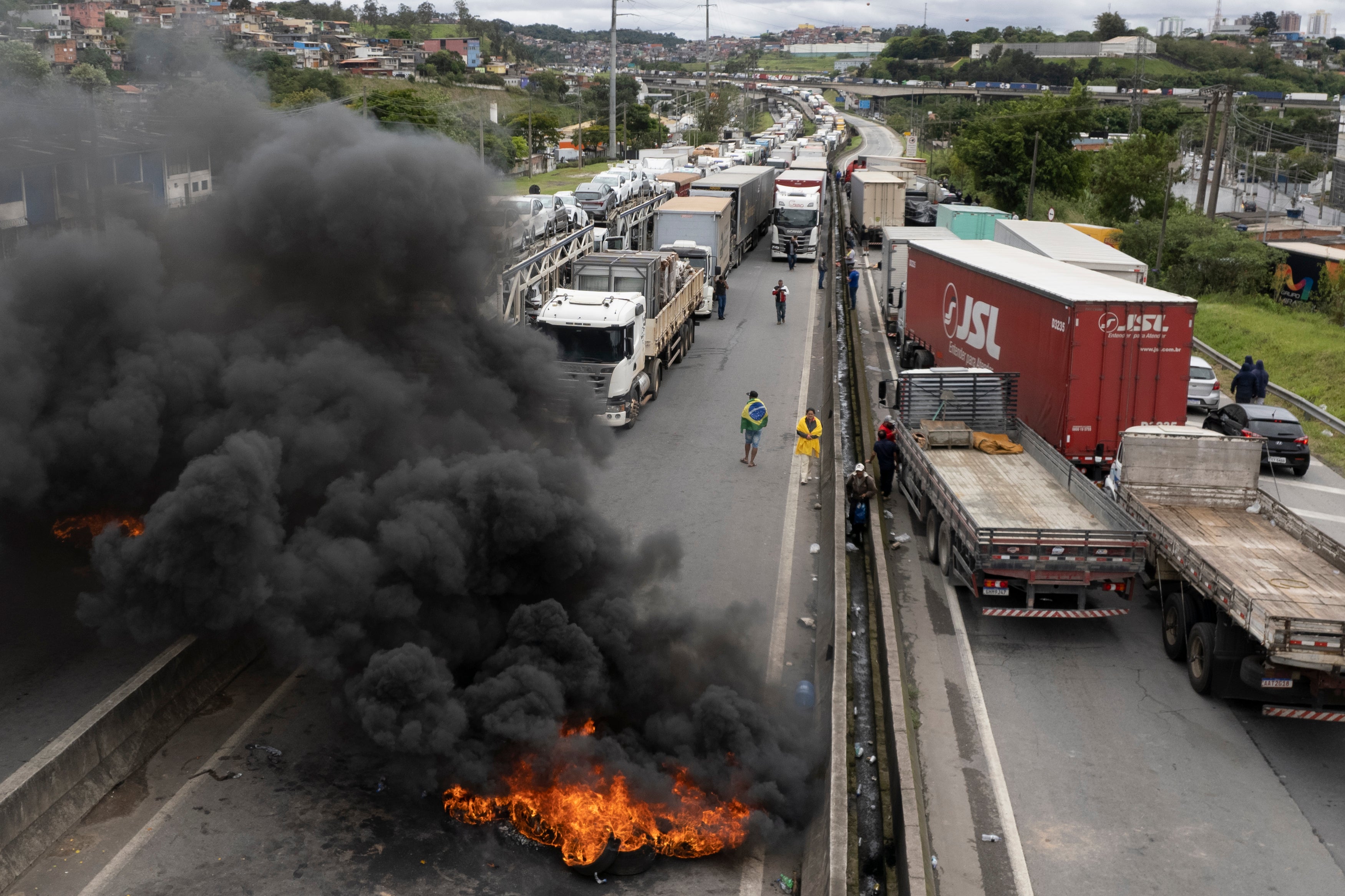
Lula, described by Barack Obama as “one of the most popular politicians on Earth,” has cordial relations with Tony Blair, Gordon Brown and Sir Keir Starmer. But communications with Britain’s Conservatives “have really been limited to the tweet of congratulations from Rishi Sunak after Lula won the election,” said a member of the new president’s team.
Eyebrows were also raised when Downing Street said Mr Sunak might not attend the Cop27 summit in Egypt. Lula is an environmentalist and is keen to reverse Mr Bolsonaro’s regressive climate actions.
“We heard that your prime minister was not going to Cop27, which was surprising because it is such an important topic for the whole planet,” the Lula team figure said. “But now we are told he has changed his mind, so there may be an opportunity for the prime minister to meet the president-elect.”
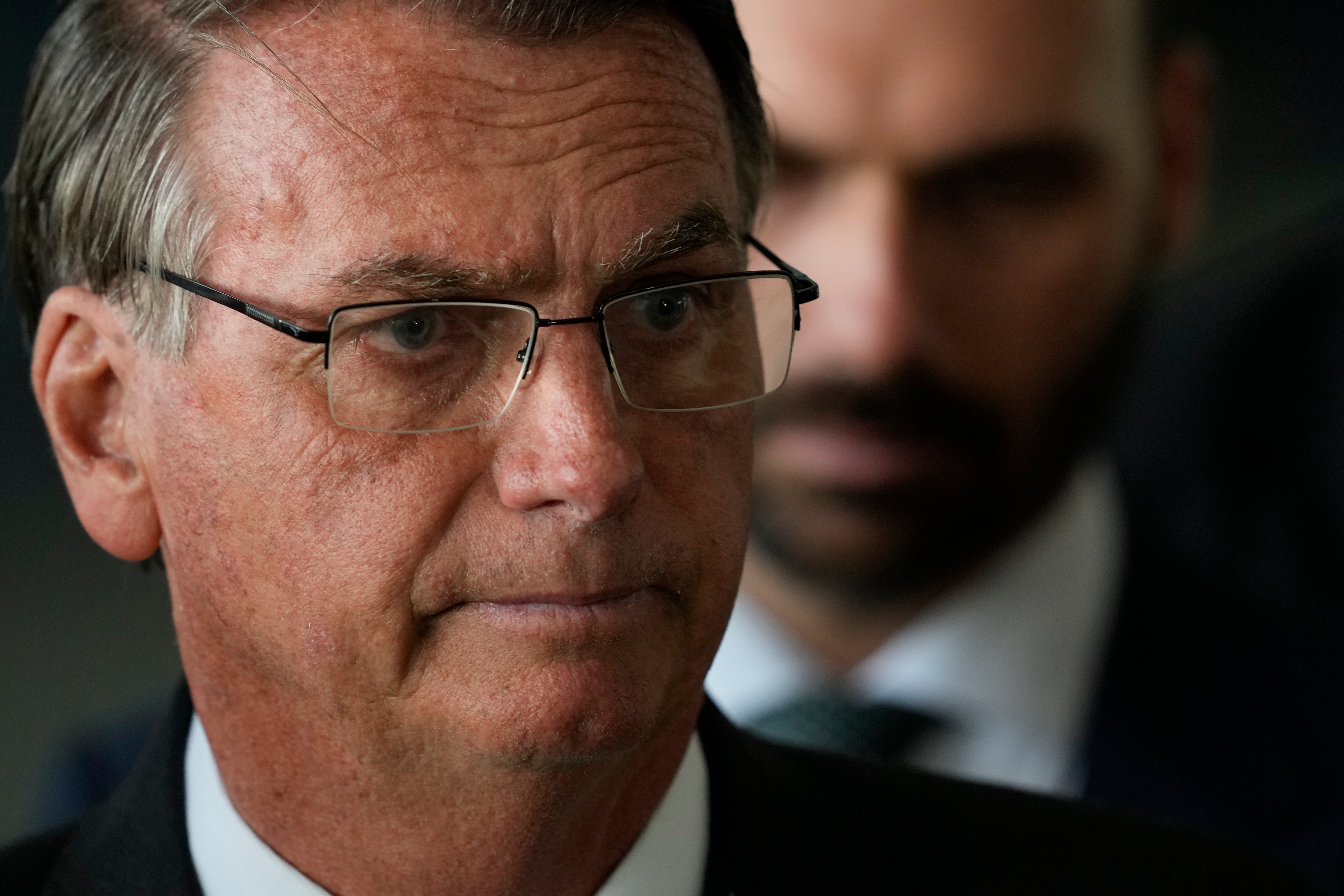
A trade deal with Brazil – a G20 member, and Latin America’s largest economy and most populous nation – has been a stated priority for the British government. It proposed an Enhanced Trade Partnership (ETP) to Brazil in February this year but there has been little progress made in negotiations, and a senior member of Lula’s team said the impasse was unlikely to end unless Britain makes substantial changes to its terms.
“In our view, the proposals being made by the UK are unbalanced and unfair in their current form,” said the Lula team figure. “They want access to the financial market, IT and education, yet there are barriers to the import of Brazilian meat products, especially beef. They seem to have EU regulations in place despite Brexit.”
In contrast, president-elect Lula says there is a real prospect of a trade agreement within six months between South America’s Mercosur bloc – which also includes Argentina, Paraguay and Uruguay – and the EU.

The EU-Mercosur deal was meant to have been finalised in 2019 but has been in limbo due to European concerns about Amazon deforestation and Mr Bolsonaro’s authoritarian rule. Lula’s victory, officials say, has removed those obstacles.
In her role as foreign secretary, days before she became prime minister, Liz Truss was questioned in the House of Commons by Labour shadow minister Fabian Hamilton about the depredation of the Amazon rainforest under Mr Bolsonaro and accusations of human rights abuse by his administration as well as the prospect that he might not concede if defeated in the upcoming election.
“Given that [Ms Truss] has spent so much time cosying up to President Bolsonaro, rather than challenging him on the destruction of the Amazon rainforest and the attack on fundamental human rights in Brazil, will she use her diplomatic pressure to help ensure these elections are able to be independently observed, with all sides respecting the outcome and result afterwards?” Mr Hamilton asked,
The “cosying up” claim alluded to a visit by Ms Truss to Brazil in April 2018, just a few days after Lula was jailed on corruption charges despite being a frontrunner in elections at the time. The conviction, which prevented him from running, was later quashed by Brazil’s Supreme Court which said the charges had been trumped up.
Ms Truss, then chief secretary to the Treasury, went to Brazil at the time to promote “free markets, an open economy, and privatisation”. She met officials in the administration of the then president Michael Temer, who had been the subject of a number of corruption investigations and had sought to open up part of the Amazon rainforest to commercial concerns – a move which led to such severe criticism it was later revoked.
It has been claimed that, during the visit, Ms Truss and the then British ambassador to Brasilia met Mr Bolsonaro who was to take over from Mr Temer.
The ambassador’s attendance at the meeting is recorded in UK official documents, but the name of another Briton present at the meeting has been redacted.
The investigative websites, Brasil Wire and Declassified, led by the journalist John McAvoy, worked extensively and persistently at the time to uncover what went on during Liz Truss’s visit, charting her meetings in Brazil, obtaining documents, while facing obfuscation in London.
Declassified UK made a freedom of information request about whether Ms Truss was present at the meeting but there was no response, and it was subsequently told the request was eventually passed to the information commissioner.
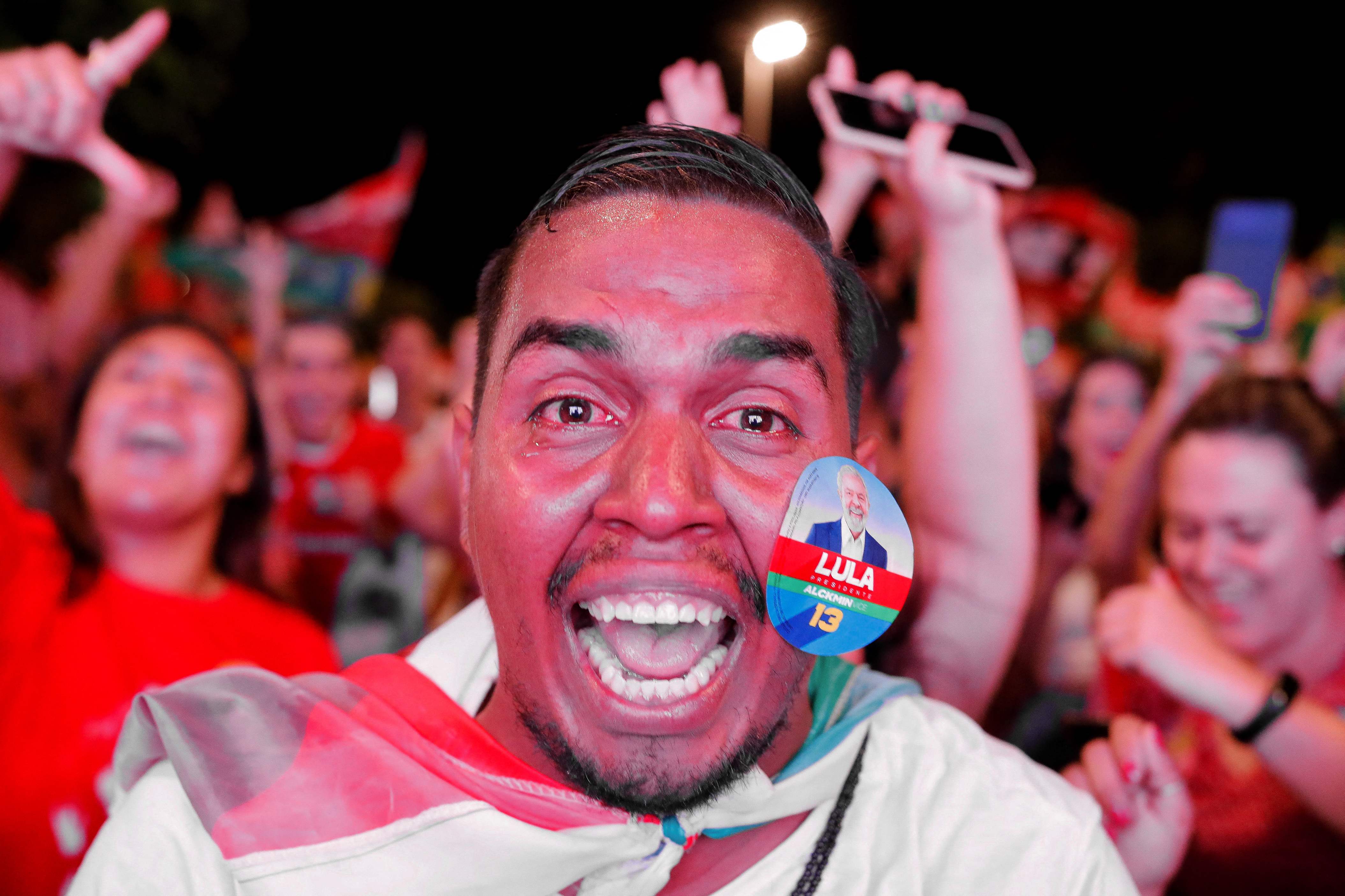
In October 2019, Ms Truss, then international trade secretary, was asked by SNP MP Martyn Day about “illegal deforestation [that] takes place in the [Brazilian] Amazon rainforest – something the Paris agreement explicitly sets to tackle and reduce”. She replied: “I am a great believer that free trade and free enterprise help us to achieve our environmental goals through pure better technology, more innovation and more ingenuity.”
Liz Truss is not the only Tory minister to be questioned about links to the Bolsonaro camp. In August 2019, the then trade minister Conor Burns was criticised for failing to raise the issue of Amazon wildfires, which had become a particularly acute problem at the time, while meeting a Bolsonaro minister. Mr Burns was fulsome in his praise of Mr Bolsonaro’s “superb” deputy economy minister Marcos Troyjo after meeting him to discuss “expanding trade and investment partnerships”. Mr Burns shared pictures of himself on Twitter drinking champagne with Brazilian officials after signing a new deal to “facilitate ease of business” between the countries.
Labour’s trade spokesman Barry Gardiner commented at the time: “While Bolsonaro lets agribusinesses burn the Amazon … a UK government minister has been busy cosying up to the Brazilian president’s officials. Instead of posing for photographs with far-right Brazilian politicians, ministers should be calling on Brazil to do everything they can to protect the rainforest.”
